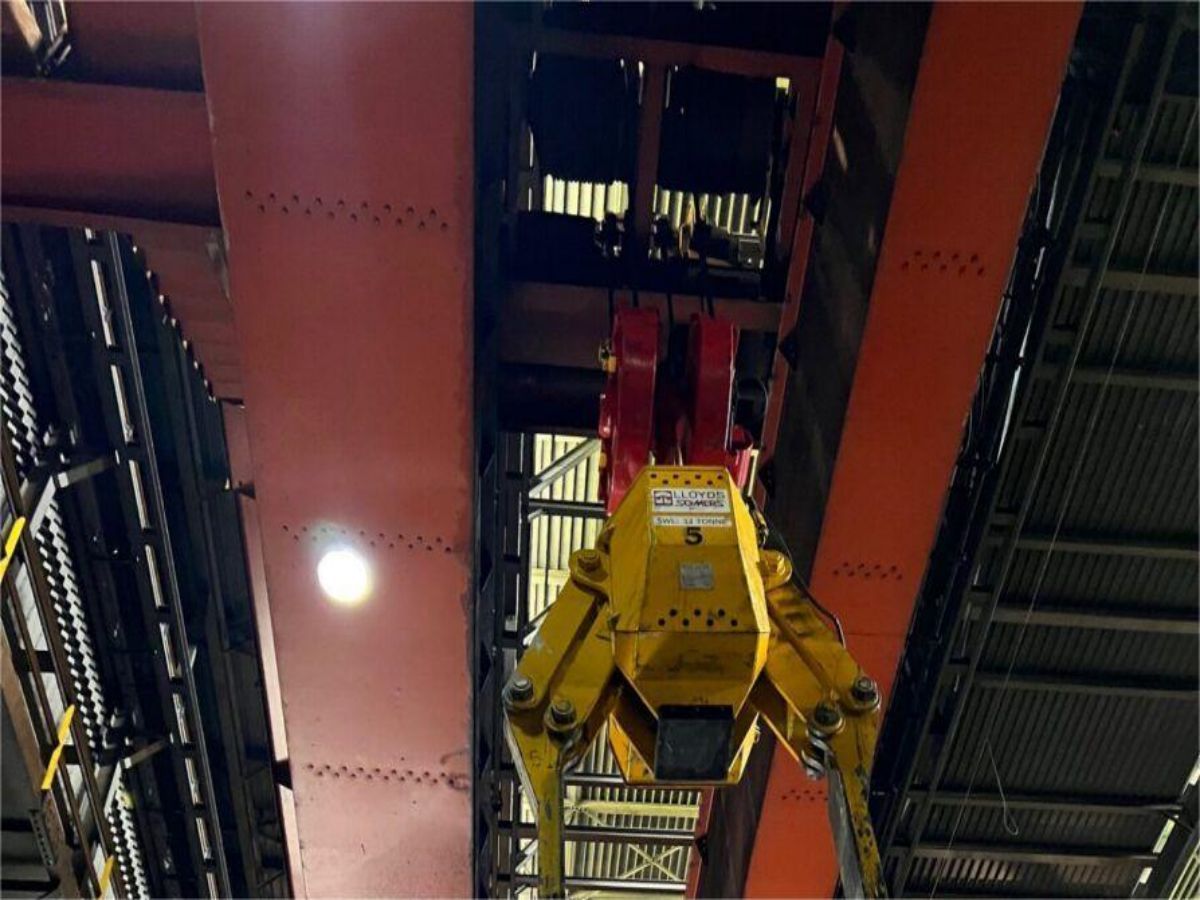Anode Carbon Overhead Crane vs. Traditional Crane: A Comparative Analysis
When it comes to industrial lifting and material handling, cranes play a vital role in ensuring efficient operations. Two popular types of cranes used in various industries are the Anode Carbon Overhead Crane and the Traditional Crane. In this comparative analysis, we will explore the key differences and advantages of these two cranes.
1. Anode Carbon Overhead Crane: Definition and Functionality
The Anode Carbon Overhead Crane is specifically designed for the aluminum industry, where it is used to transport anode carbon blocks. These cranes are equipped with specialized features to handle the unique requirements of this industry. They are designed to withstand high temperatures, corrosive environments, and heavy loads.
2. Traditional Crane: Overview and Applications
A Traditional Crane, also known as a conventional crane, refers to a general-purpose crane used in various industries. These cranes are versatile and can be found in construction sites, manufacturing facilities, and warehouses. They are designed to lift and move heavy loads in a controlled manner.
3. Load Capacity: Anode Carbon Overhead Crane vs. Traditional Crane
One of the significant differences between the two cranes is their load capacity. Anode Carbon Overhead Cranes are specifically designed to handle the weight of anode carbon blocks, which can be substantial. Traditional Cranes, on the other hand, have a broader load capacity range and can handle various materials and weights.
4. Specialized Features of Anode Carbon Overhead Crane
Anode Carbon Overhead Cranes are equipped with specialized features to ensure safe and efficient lifting of anode carbon blocks. These features include heat-resistant materials, anti-corrosion coatings, and advanced control systems. The specialized design of these cranes minimizes the risk of accidents and damage to the anode carbon blocks.
5. Versatility of Traditional Crane
Traditional Cranes are known for their versatility and adaptability to different industries. These cranes can be equipped with various attachments and accessories to handle different types of loads. They can lift and transport materials such as steel beams, concrete blocks, and machinery parts.
6. Cost Considerations: Anode Carbon Overhead Crane vs. Traditional Crane
When it comes to cost considerations, Anode Carbon Overhead Cranes are typically more expensive than Traditional Cranes. The specialized features and materials required for anode carbon handling increase the overall cost of these cranes. Traditional Cranes, being more commonly used, are generally more affordable.
7. Safety Measures: Anode Carbon Overhead Crane vs. Traditional Crane
Both types of cranes prioritize safety; however, Anode Carbon Overhead Cranes have additional safety measures due to the nature of the materials they handle. These cranes are equipped with advanced monitoring systems, emergency stop features, and specialized safety protocols to prevent accidents and protect workers.
8. Maintenance and Durability
Considering the harsh environments in which Anode Carbon Overhead Cranes operate, they require regular and specialized maintenance to ensure optimal performance. Traditional Cranes, although they also require maintenance, can be more easily maintained and repaired due to their standard design and availability of spare parts.
9. Environmental Impact: Anode Carbon Overhead Crane vs. Traditional Crane
Anode Carbon Overhead Cranes, being specifically designed for the aluminum industry, are often built with environmental considerations in mind. They aim to reduce emissions, energy consumption, and environmental impact. Traditional Cranes, while not specifically designed for environmental sustainability, can still be operated in an environmentally conscious manner.
10. Conclusion: Choosing the Right Crane for Your Needs
Choosing between an Anode Carbon Overhead Crane and a Traditional Crane depends on the specific requirements of your industry and lifting operations. If you work in the aluminum industry and handle anode carbon blocks, investing in an Anode Carbon Overhead Crane is essential for efficient and safe operations. However, if you require a versatile crane for general-purpose lifting, a Traditional Crane would be a more suitable choice.

